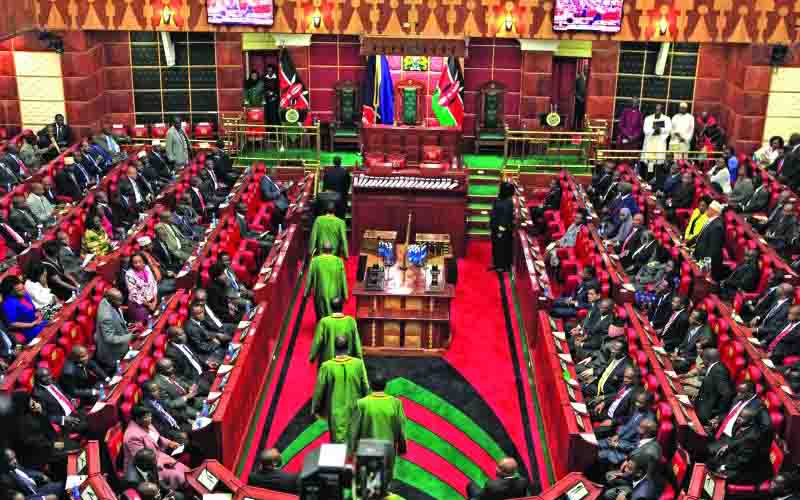×
The Standard e-Paper
Fearless, Trusted News

Showdown looms in Parliament today as MPs debate the Constitution of Kenya (Amendment) Bill, 2020.
Yesterday, ODM party whipped members to support the Bill, popularly known as Building Bridges Initiative (BBI) Bill, following claims that two camps led by Siaya Senator James Orengo and lawyer Paul Mwangi had emerged.